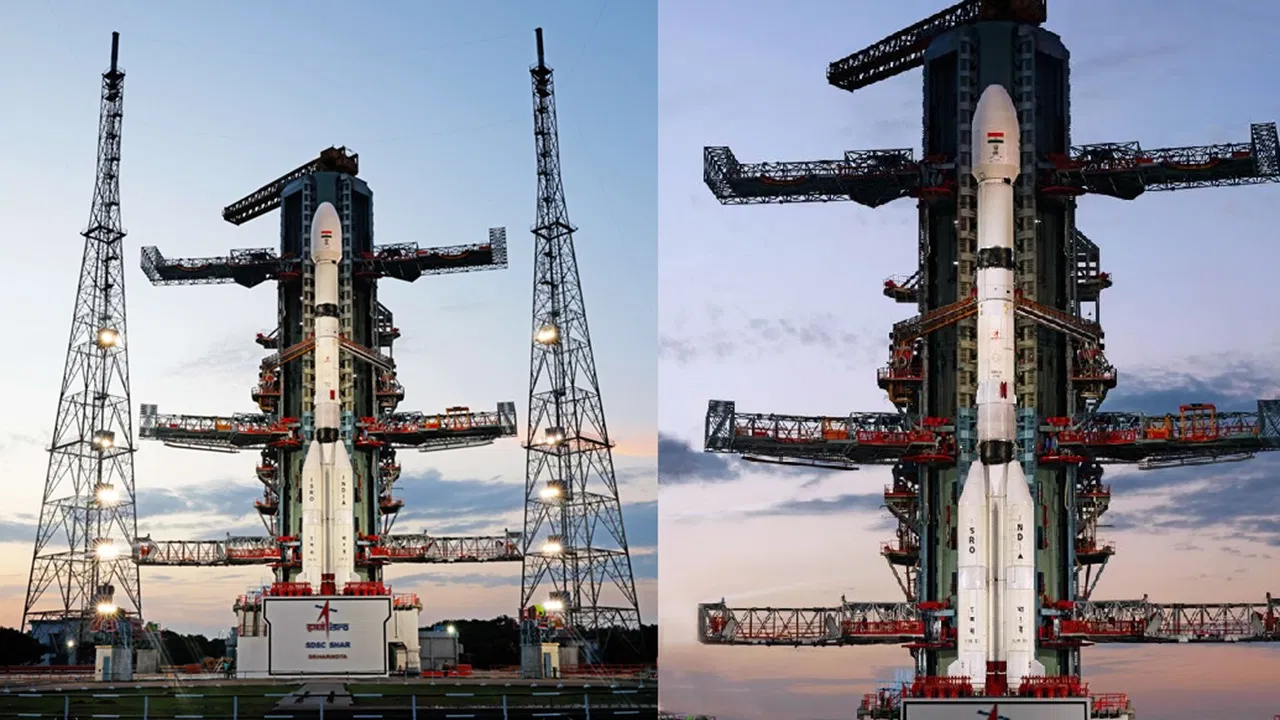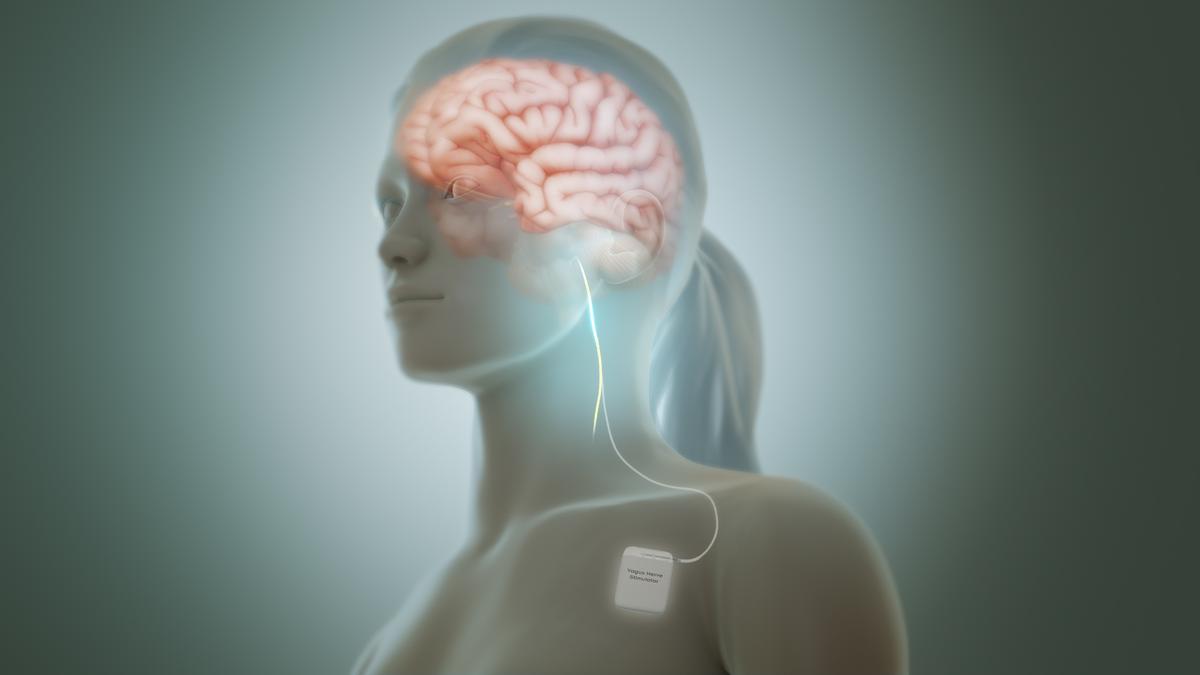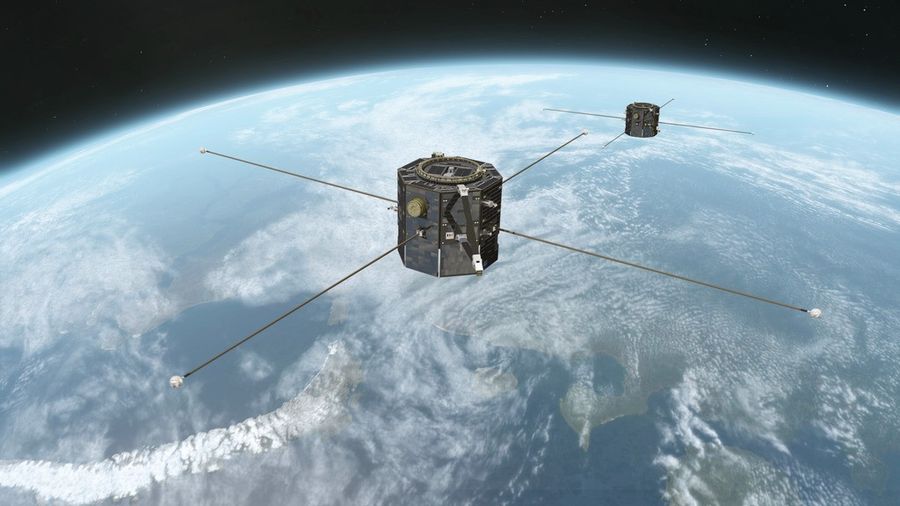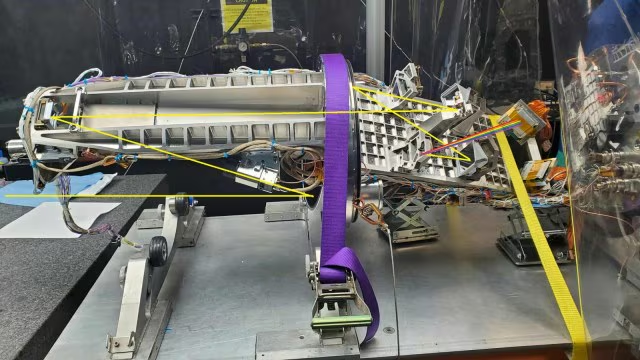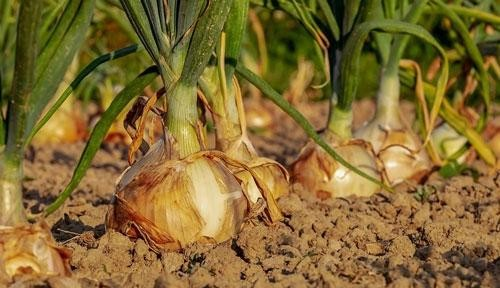Description
Context: Sweden is getting on board India’s Venus orbiter mission ‘Shukrayaan’ with a scientific instrument to explore the planet.
- Swedish Institute of Space Physics (IRF) is engaged in the venture, its second collaborative project with the Indian Space Research Organisation (ISRO).
- IRF’s satellite instrument Venusian Neutrals Analyzer [VNA] will study how the charged particles from the Sun interact with the atmosphere and exosphere of the planet.
- The new Venus mission means that the collaboration between IRF and ISRO continues
- The VNA would be the ninth generation of IRFs series of miniatured ion and ENA (Energetic Neutral Atoms) instruments.
- The first generation was named SARA (Sub-keV Atom Reflecting Analyser) and was launched on board the Indian spacecraft Chandrayaan-1 that explored the Moon in 2008-2009.
SARA consisted of two sensors.
- One was a detector for energetic neutral atoms and the other was an instrument to measure the flow of ions in the solar wind.
- The instrument studied how the plasma around the Moon interacts with the moon where the surface is not protected by an atmosphere or a magnetic field, they said.
- “For the first time ever, SARA could investigate energetic atoms that are knocked from the lunar surface when they are hit by the solar wind
- The SARA experiment was the first collaborative project between IRF and the ISRO.
India’s Space sector
- India has a clear ambition to explore the universe, other planets and to send humans to space.
- India has recently created National Space Promotion and Authorization Centre (IN-SPACe) to provide a level playing field for private companies to use Indian space infrastructure.
- This is part of reforms aimed at giving a boost to private sector participation in the entire range of space activities, .
- India is opening the space market for commercial player participation and easing import- export restrictions, including 100% FDI allowed in satellite development and deployment.
- The Indian space agency has short-listed 20 space-based experiment proposals, including from France, for its proposed Venus mission to study the planet for more than four years.
- They include “collaborative contributions” from Russia, France, Sweden and Germany.
Sukaryaan mission
- ISRO was eyeing June, 2023 for the country’s first mission to Venus.
- It was noted that optimal launch window (when Venus is closest to the Earth) comes about every 19 months.
- Scientific objectives of ISRO’s Venus mission are investigation of the surface processes and shallow subsurface stratigraphy; and solar wind interaction with Venusian Ionosphere, and studying the structure, composition and dynamics of the atmosphere.
- The payload capability of the proposed 2500-kg satellite, planned to be launched on GSLV Mk II rocket, is likely to be 175 kg with 500W of power.
- The proposed orbit is expected to be around 500 x 60,000 km around Venus.
- This orbit is likely to be reduced gradually, over several months to a lower apoapsis (farthest point).
https://www.thehindu.com/sci-tech/science/sweden-getting-on-board-indias-venus-mission-with-payload-to-explore-planet/article33176322.ece?homepage=true
IIT-M students design device for typing in Braille
Context: Indian Institute of Technology - Madras have come together to develop a handy device for the visually impaired.
- The assistive device fits into the port of a smartphone and helps them to type, learn and read braille content.
- It also allows them to self-navigate through space and recognise people and objects.
- Improvisation on the existing product can allow the visually impaired to read PDF files on their phone.
- Currently, the visually impaired rely on slow audio feedback to type.
https://www.thehindu.com/news/cities/chennai/iit-m-students-design-device-for-typing-in-braille/article33180630.ece?homepage=true




